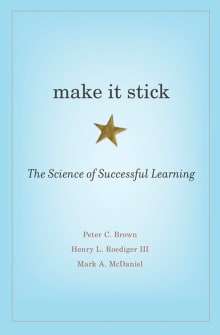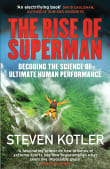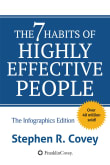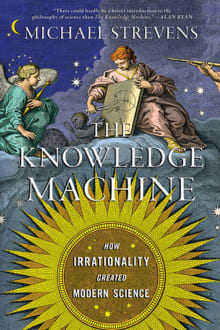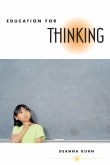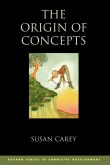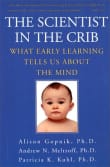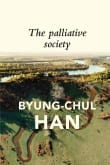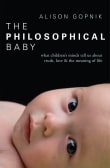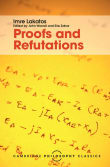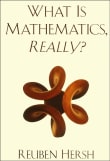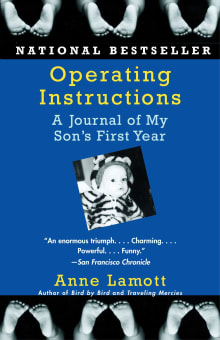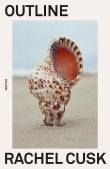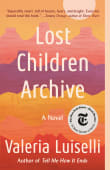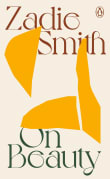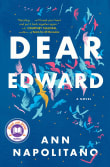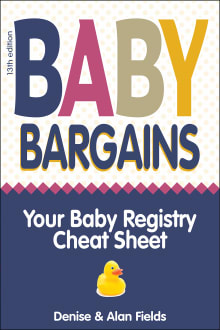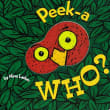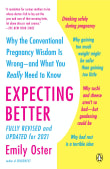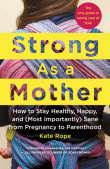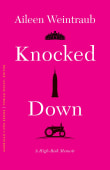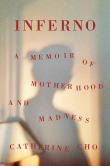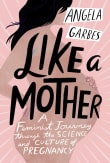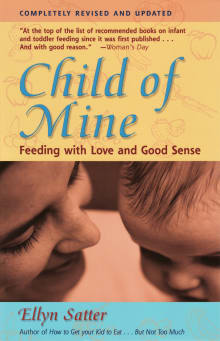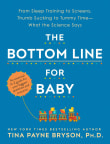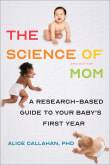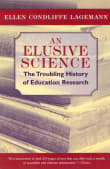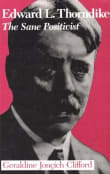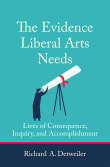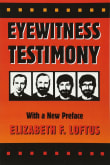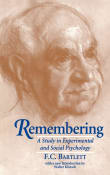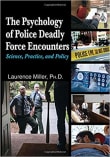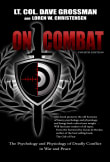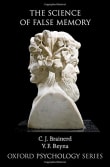Why we are passionate about this?
We have been coaching and learning about peak performance for four decades. To learn from playing golf ourselves, coaching others to play better, and continuously staying curious and learning from others is a mix that we want to keep alive. It’s not only to perform well that matters to us, but that we also grow as a human being. It’s about excellence and wellbeing. What skills, what culture, and what foundation can make that a possibility? Our deepest wish is for all of us to access our own unique possibilities to be good and happy.
Pia and Lynn's book list on improving performance and growth

Why did Pia and Lynn love this book?
This is the best book we have read about how to practice in the best way possible. So many people practice hard but don’t improve. We always say, “What you practice, you get good at,” … so make sure you practice and train in the smartest way possible.
Spaced-out practice means you need a break and time to recharge, and that is important for retention. Interleaving means that you don’t stay with one segment of a skill until you master it. You interleave several segments, and it makes it a lot harder to do, but retention and mastery improve.
4 authors picked Make It Stick as one of their favorite books, and they share why you should read it.
To most of us, learning something "the hard way" implies wasted time and effort. Good teaching, we believe, should be creatively tailored to the different learning styles of students and should use strategies that make learning easier. Make It Stick turns fashionable ideas like these on their head. Drawing on recent discoveries in cognitive psychology and other disciplines, the authors offer concrete techniques for becoming more productive learners.
Memory plays a central role in our ability to carry out complex cognitive tasks, such as applying knowledge to problems never before encountered and drawing inferences from facts already known. New insights…
- Coming soon!
